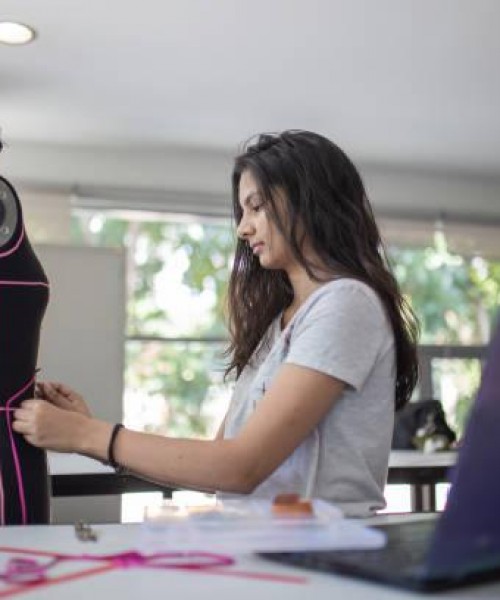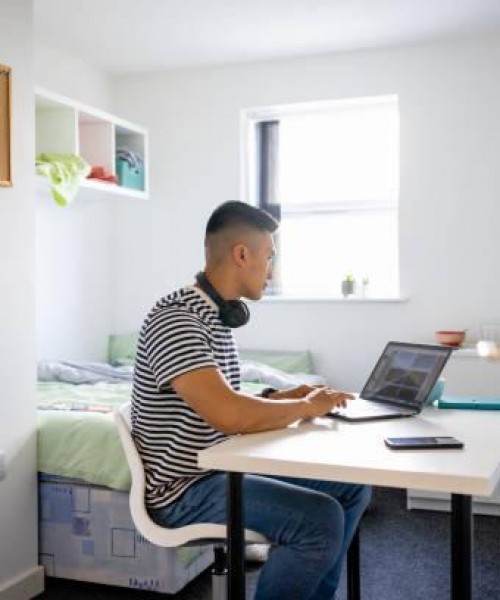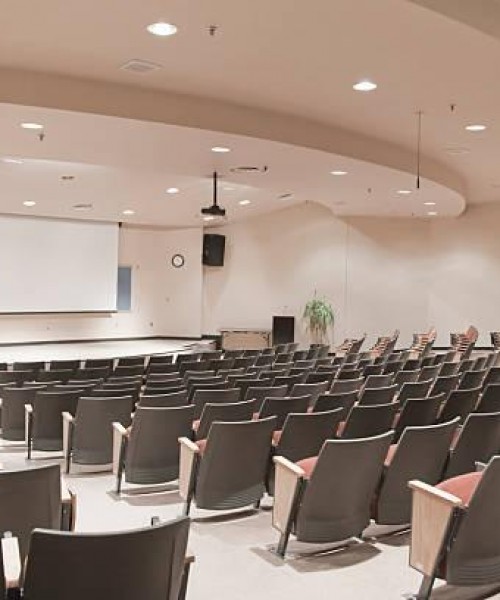Thirdly, the confused and clear dimension clear means direct and short question but confusion generated from ambiguity so it should be avoided to protect pupils of frustration. Fourthly, the encouraging and threaten dimension there are some vital factors should be taken into account when teacher ask his pupils. To name just a few, voice, face impressions, body language, gesture and humour. These known as "non-verbal" features ,because they are accompanied with the words of the question .The question is asked by several ways which has a positive impact on pupils may encourage them to be creative , critical thinkers and express themselves .Or the opposite, it could cause a negative effect for instance, make them shy ,bored or frustrated and hate learning . (C.Wragg & G.Brown, (2001)).
The next phase, the building block of effective questioning is planning because teacher can be effective in his classroom and can help his pupils to be creative. Besides he can overcome the pitfalls may face him. There are some tactics to achieve and planning effective questioning. In addition, by providing creative and positive climate for pupils. This will happen by taking suitable response of pupils. Then following" no-hands" rules this will encourage whole class to engage effectively in the lesson, and every pupils will be asked. Overall, waiting pupils enough time to think because it encourages longer answers, more confidence and allow the pupils to ask question in return. However , in Egypt this is one of the problems that the teachers may face the limited time. Moreover, dealing with answers it is more important for effective questioning. The teacher should response of the answers of the students. Means that if the answer correct the teacher should admit that and praise the pupils .In the other case if the answer is not correct the teacher should simplify the question and encourage the pupils to try better answer .This will clarify misconceptions and can engage other pupils in the discussion . (Active questioning, handout).
On the other hand ,Socrates said that " in his teaching the wise man guides his students but does not pull them along; he urges them to go forward and does not suppress them ; he opens the ways but does not take them to the place ; .. If his students are encouraged to think for themselves they would call the man a good teacher" .There is a study said that the tactics of effective questioning are. Promoting and probing it uses for seeking information and extend their answers but promoting means that: Simplify the question to the pupils and it contains several ways to do this. are rephrasing the question and through asking sequence of simple questions then the original one .The last tactics is listening to the replies and responding and sequencing this point is covered in the previous lines. (Wragg .C, Brown .G (2001)).
Overall, important issue is should be taken into our consideration after talking about the strategies to create effective questioning. The important role of the teacher is how to plan to that, make it in specific sequence, and simultaneously allows promoting thinking. Therefore, the teacher should be aware about that. This is a good idea to put the questions closely related to the objectives of the lesson. Know well why he asks pupils this question? .To ensures what? In addition, at the same time take into account by these questions to promote creative thinking of the pupils and learn them solving problems. This plan should be arranged from easy to difficult to challenge pupils. This can happen effectively and help the teacher to plan and sequence of questions by using Bloom's taxonomy in which divided the level of thinking and that is very benefit for planning objectives consequently ,the planning questions "Bloom's taxonomy suggests that the first need to acquire knowledge before understanding". (Pedagogy and practice), the latest version of Bloom's taxonomy chart begins with the lower level of thinking is remembering and ends with the more complex one is creating. (http://www.odu.edu/educ/roverbau/Bloom/blooms_taxonomy.htm, 24-1=2010) .
New Bloom Triangle
By using this, the effective questioning will get its fruits, as the chart shows that the levels of thinking and illustrates the tasks of the pupils expected to do and the kinds of questions that would help them. In addition, as said before through questioning teachers can encourage pupils to solve problems and promote their thinking, these some examples of the questions for each level of Boom's taxonomy. The questions concerns to knowledge or remember information as recall, describe, define, example for that, when teacher asks pupils what is the definition of digestion process.The comprehension encourages pupils to express themselves broadly as explain, summarize, illustrate. Such as, explain how the photosynthesis process happens?
The next, application questions in this level require the pupils to solve problems and apply their knowledge and experience to solve or predict what will happen. In addition, it is very important to promote their thinking example, employ, solve, use, and predict. Question for example what do you think will happen after increasing the ration of carbon dioxide gas in air? In this case, the teacher allows the pupils to think deeply. The following stage is analyzing is important to ask questions require pupils to support their opinion by evidence when they resort to solve problems for example, what is the evidence...? Evaluation, ask pupils to assess, evaluate and justify. By asking these levels of questioning will help pupils to use their knowledge to built the justifications and this need the complex thinking example, why is this order important?.The last stage and the most complicated one is creating. It helps pupils to create evaluative thinking this requires from pupils to use their thinking and their experience and knowledge together to solve unfamiliar problems and difficult situations they face for example when they ask pupils to draw chart shows the relationship between the different systems inside the human body. Digestive , respiratory, circulatory and excretory? Moreover, the complicated thinking pupils are trying to find the relation by drawing.
By contrast, in Egyptian Education, the questioning is most important, but the explaining in Egypt takes the first place in classrooms. Because there are some problems stand against the teacher firstly, the crowded curriculum does not give the chance to ask pupils effectively, secondly, the continuous obstacle on the track is the great number of pupils inside the classroom. Thirdly, the time is very limited to teach the lesson. So the teacher can ask at the beginning of the lesson as starter about the pervious lesson to build the new one, at the end of the lesson as plenary to test and know what pupils are learned. Because by doing this he knows, what the weakness point is in the lesson to start with it in the next time. On the other hand, the arranging of the pupils inside the classroom does not help the teacher to achieve active engagement through questioning, where sharing ideas and deep understanding can happen.
To conclude the prior lines , The experience has shown that , teaching science in particular depends on effective questioning ,teacher may be try to overcome the hinders which stand against him as barrier asking pupils continuously because science encourages pupils to explore , discover , speculate and extend their thinking how, why, where and what will happen after that ?. All these questions inside their minds will encourage them to be creative thinker. Significantly, by questioning pupils will become interested .Some times in the Egyptian schools the science lab exists and it is very big that give the opportunity to divide the pupils into small groups. Each group contain writer; to write the basic ideas and answers of the questions, leader; to lead and organise the group speaker; to speak to whole class and show the group writing about the topic. Another way to deal with the discussion inside the lab as theatre the teacher can choose some volunteers of pupils to play the role of the organs as example. Pupils play the role of the heart another one the role of the blood and they asking, share ideas and understanding between them. In addition, science closely related to the environmental issues. The teacher in Egypt tries to promote thinking of the pupils by questioning to encourage them to solve the environmental issue. To name just a few, take examples for that pollution and its types, global warming, and recycling wastes. However, as said before the Egyptian teacher is struggling and challenging himself to make balance and overcome the problems and circumstances, which surround him, and to achieve effective questioning and learning to gain his fruits of his efforts. Shortly, effective questioning that gives priority to positive feedback, and investigative learning besides it allows pupils to analyse their own performance and all strategies work together to achieve effective outcomes of learning.










